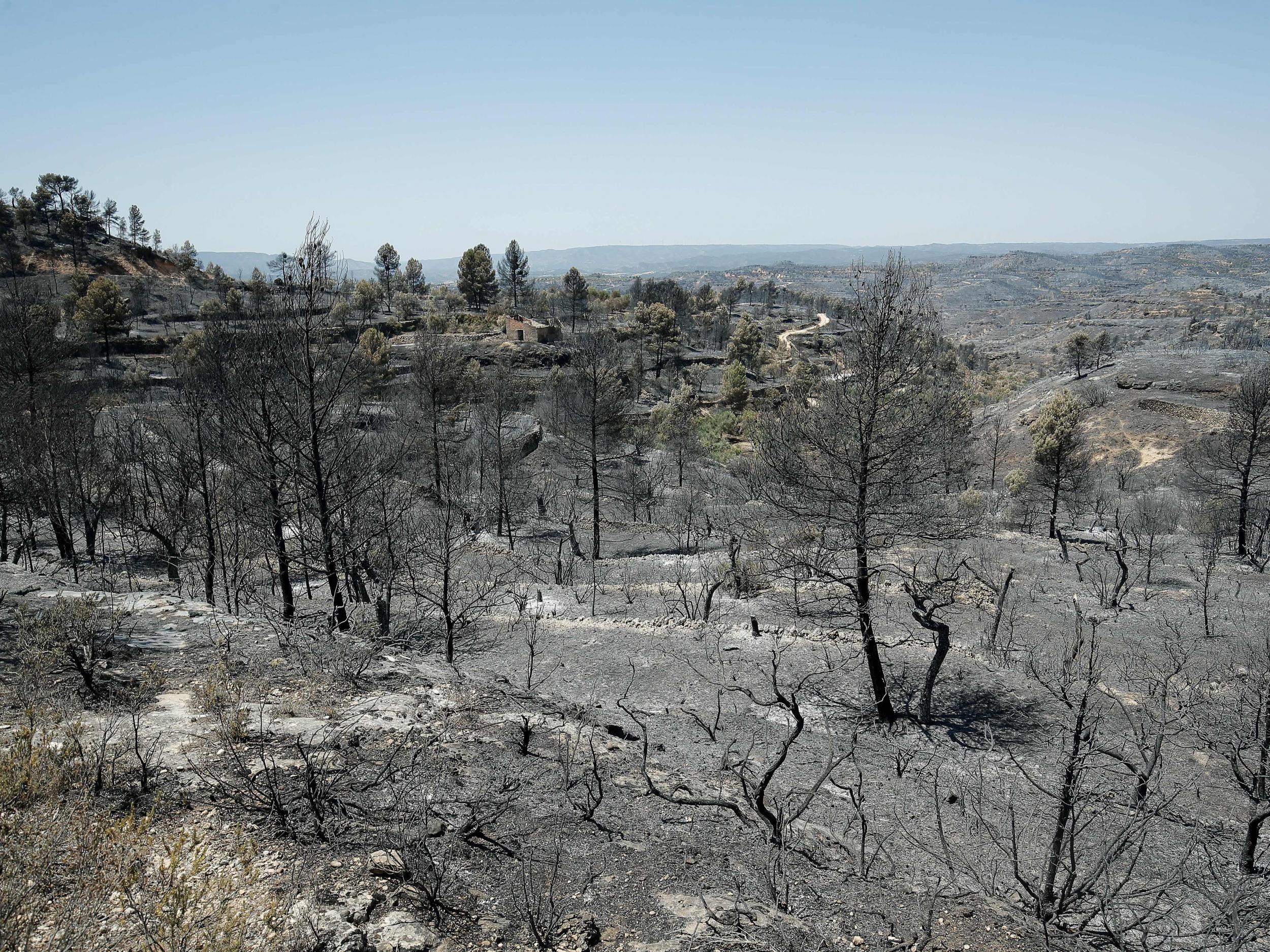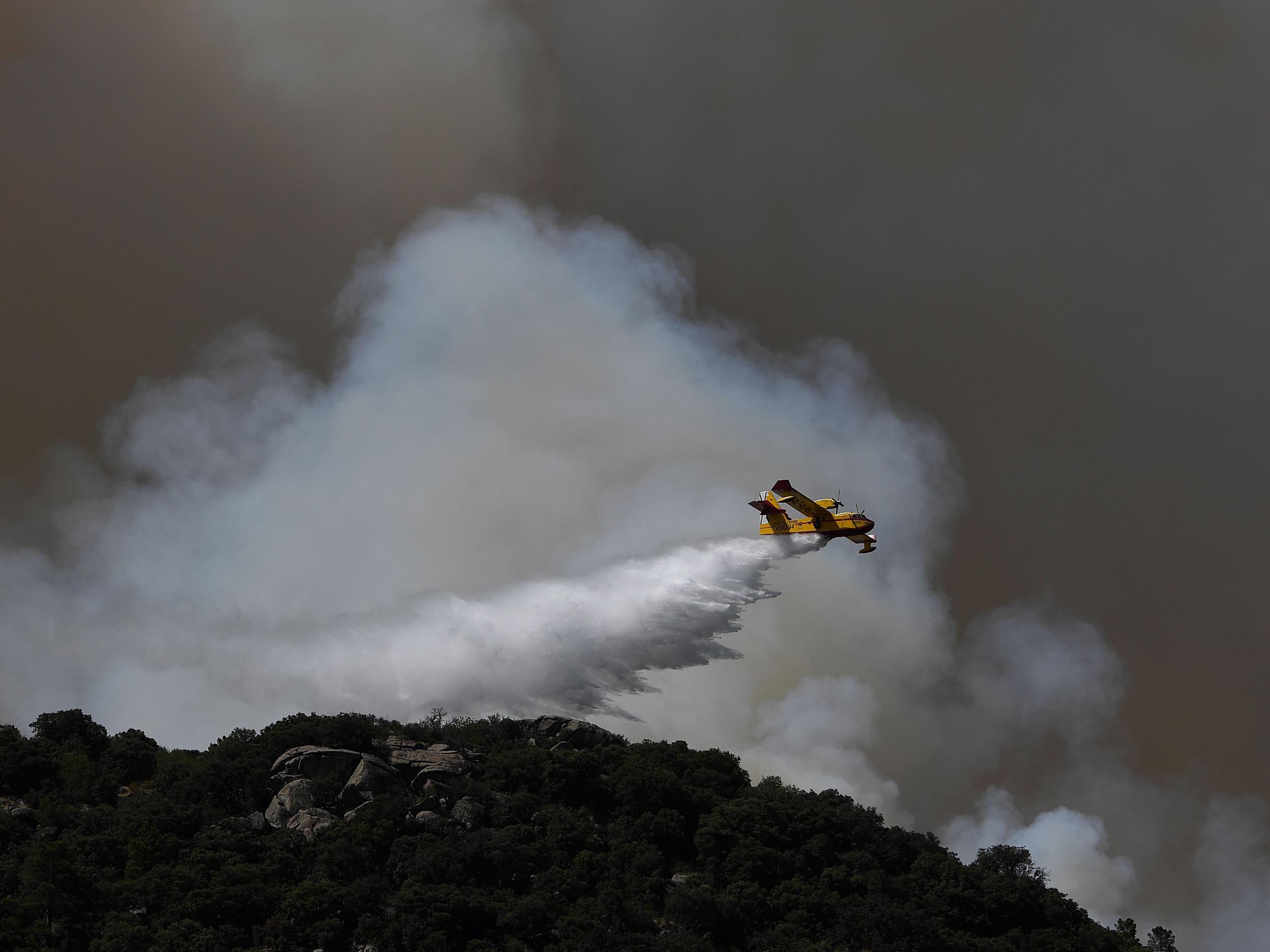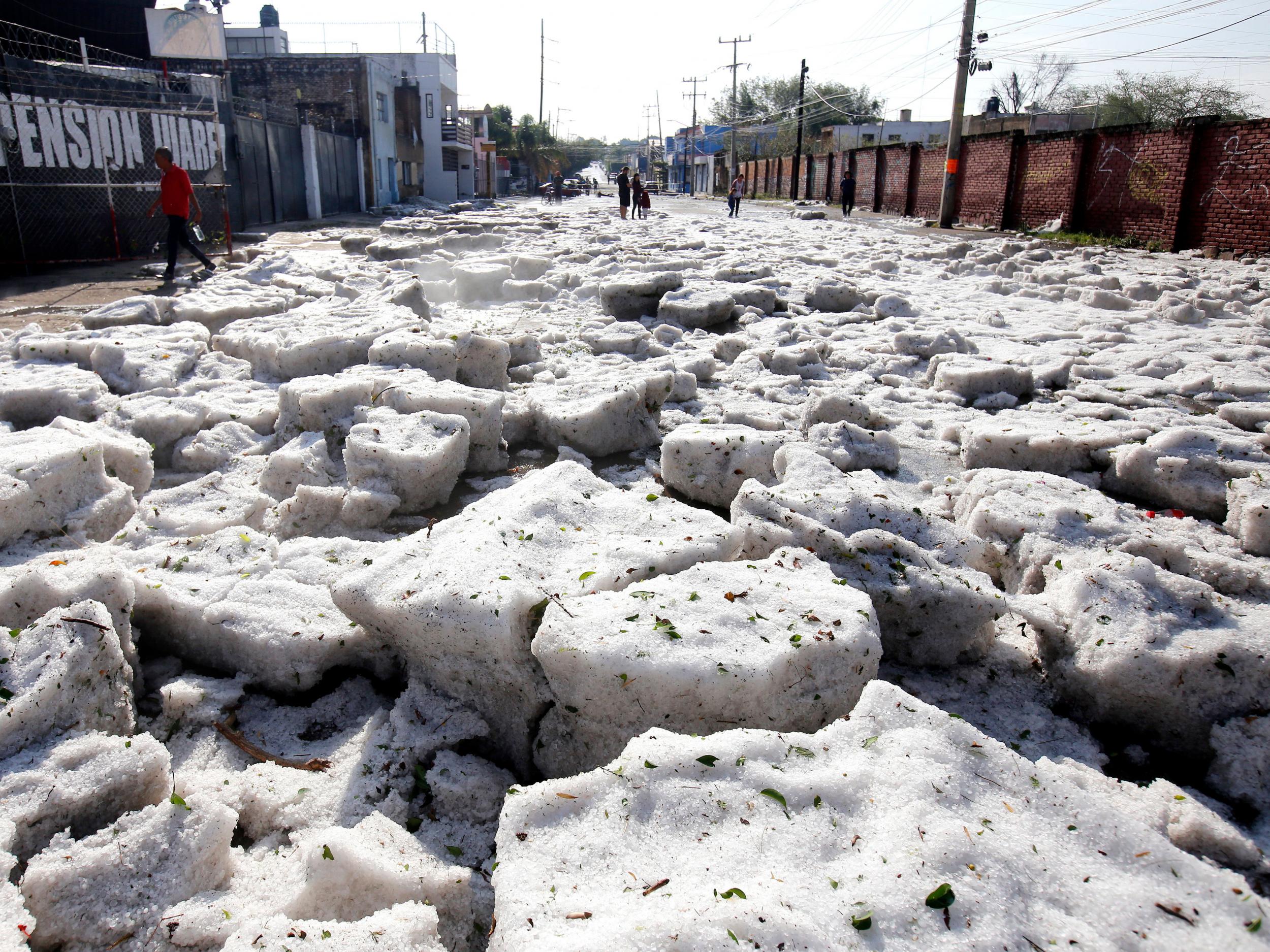Are European heatwaves now the norm?
Europe has seen record temperatures this week causing roads to melt and schools to close. Is this what’s in store in years to come?

Temperatures were set to soar across Europe beginning Wednesday, with authorities from Paris to Warsaw issuing heat alerts, cancelling events and bracing for potentially record heat across the region.
Meteorologists say the temperatures, a result of a warm air mass travelling north from Africa, could climb well above the typical June average to 40 degrees Celsius, or more than 104 degrees Fahrenheit, in large stretches of the continent.
Temperatures hit 98 degrees Fahrenheit in Berlin, 96 degrees in Vienna, 95 degrees in Warsaw, Poland, and 92 degrees in Paris, and it was likely to get worse, not better, in many places.
Heat waves like these are becoming more frequent and prolonged, with hotter temperatures appearing earlier in the season, weather experts say. Here’s what to know as the mercury rises.
Exams Will Be Postponed — and So Will Vacations
Governments and residents were scrambling to make preparations for the worst of the weather, expected to peak Friday afternoon before easing over the weekend.
“The whole government is mobilised,” President Emmanuel Macron told reporters Monday as the heat wave made headlines and dominated television.
In France, memories of a deadly 2003 heat wave that killed 15,000 people in the country and left much of Europe sweltering still loom large. Around the country, fans and air-conditioners flew off store shelves.
Because of the heat, the education ministry made a rare decision to postpone exams for middle school students that were scheduled for Thursday and Friday.
Karine Sabatier, 47, who was on her lunch break in the Tuileries gardens in Paris near her offices Tuesday, said that one of her two children was taking the exam, and that her family was forced to delay vacation plans because of the change.
“It’s true that it’s a bit bothersome, but I understand the measure,” she said. “Some schools don’t have any air conditioning at all.”
In Paris, older, sick and vulnerable people were encouraged to sign up for a service that provides regular check-ins by phone, and city authorities announced that some parks would be open overnight.
The temperatures held the potential to affect the quarterfinal stage of the Women’s World Cup, which is being played in France. Regulations call for water breaks if the weather surpasses 32 degrees Celsius, or nearly 90 degrees Fahrenheit.
In Spain, the national weather agency issued warnings for several parts of the country, with temperatures expected to climb by the weekend to above 40 degrees Celsius — or more than 104 degrees Fahrenheit — in Madrid and other inland areas.
As temperatures approached 100 degrees Fahrenheit in Vienna, authorities rolled out a series of measures to help cool the streets down. The town hall installed mist showers in busy spots, sprayed the hot asphalt on main thoroughfares with water and opened up several swimming pools at no charge.
The city of Innsbruck in the Alps gave its carriage horses the day off as it prepared for the heat, and the Vienna Zoo helped its great apes cool off with buckets of fresh water.
The German meteorological service said this week’s heat would most likely exceed a June national record of 38.5 degrees Celsius or 101.3 degrees Fahrenheit, set seven decades ago in the southwestern state of Baden-Württemberg. Temperatures could also shatter an overall heat record for the country, the agency said.
As temperatures rose in Germany, some people struggled to keep their clothes on. In North Rhine-Westphalia, a man took his clothes off in the frozen foods section of a supermarket on Monday. The police in the state of Brandenburg, near Berlin, said a man rode a scooter in the nude on a public road on Wednesday. When stopped, the man said, “It’s just hot, what?”

The Heat Wave Is Europe’s New Normal
While scientists have yet to draw a firm connection between this particular heat wave and global warming, it fits a clear overall trend. As the climate changes because of greenhouse gas emissions, heat waves around the world are occurring more often, and they are hotter and last longer.
The jet stream and other circulation patterns are changing. This favours the buildup of hot and dry conditions over the continent, sometimes turning a few sunny days into dangerous heat waves, according to Dim Coumou, a researcher at the Institute for Environmental Studies at Vrije University in Amsterdam.
Isabelle Janin, 60, who works in Paris and was reading in the shade Tuesday said that while the temperatures shouldn’t be a cause for panic, it was worrying to see a heat wave so early in the summer.
“If it becomes a regular occurrence in 10 years, then I’ll really start worrying,” she said.
But France’s national weather agency said heat waves were already on the rise. The number of heat waves in France has doubled in the past 34 years and is expected to double again by 2050, while their intensity has also increased.
The agency noted that temperatures this week were expected to reach a level not seen for June since 1947, and could surpass that.
In some parts of Europe, this isn’t even the first heat wave of the summer. In Poland, temperatures soared earlier this month and left the city of Skierniewice running out of water. The local government asked people to limit activities like watering lawns and washing cars. Alerts have been issued for nearly all provinces for the upcoming temperatures.
The heat in Hungary has already broken records this month, reaching 35.8 Celsius in Budapest on June 17, a new high for this time of year.
Ahead of the heat wave, torrential rains fell in parts of Europe, causing floods and disruption. It took two trains heading for the Black Sea coast in Romania over 24 hours to make the journey from the west of the country after departing on Monday evening, more than double the time scheduled, because the track was washed away by the flood.
The Swiss government’s meteorological agency, MeteoSwiss, issued a rare level 4 heat warning for some pockets of the country, its highest alert level. The city of Geneva sent out 13,000 brochures to people over age 75 with advice on how to keep safe during heat waves. A map showed parks and indoors spaces where people can cool off free.

Infrastructure Could Be Damaged
One of the biggest concerns across stretches of Europe is that transit infrastructure — like tram and train tracks — could buckle and cause accidents, and the imposition of speed limits to help increase safety could slow traffic.
Polish officials have also warned drivers of potential cracks in the road as the sun bakes the asphalt and possible train delays as the heat scorches the tracks.
Saxony-Anhalt, a state in the centre of Germany, issued temporary speed limits on two sections of the country’s famous autobahn, as engineers fear the heat could lead to minor road damage as the asphalt expands and buckles.
On one section that usually does not have speed limits, drivers will have to slow down to 120 kilometres an hour, or roughly 75 mph. On another stretch, drivers will be limited to 100 kph, around 62 mph.
Warnings about the rising risk of wildfires have also been issued in many of the affected countries, a cause for concern as there is already an increase in fires this year.
By mid-June, the number of wildfires across Europe had already far exceeded those in the entire 2018 season, according to the Emergency Management Service of the EU agency Copernicus.
Spain issued fire alerts for regions stretching from Extremadura, in the west, to Catalonia, in the northeast of the country, after a particularly dry winter and spring.
The German state of Brandenburg was on high alert for forest fires around Berlin. Authorities worry that the fires could lead to the detonation of buried and long-forgotten unexploded ordnance from World War II.
© New York Times

Join our commenting forum
Join thought-provoking conversations, follow other Independent readers and see their replies
Comments
Bookmark popover
Removed from bookmarks